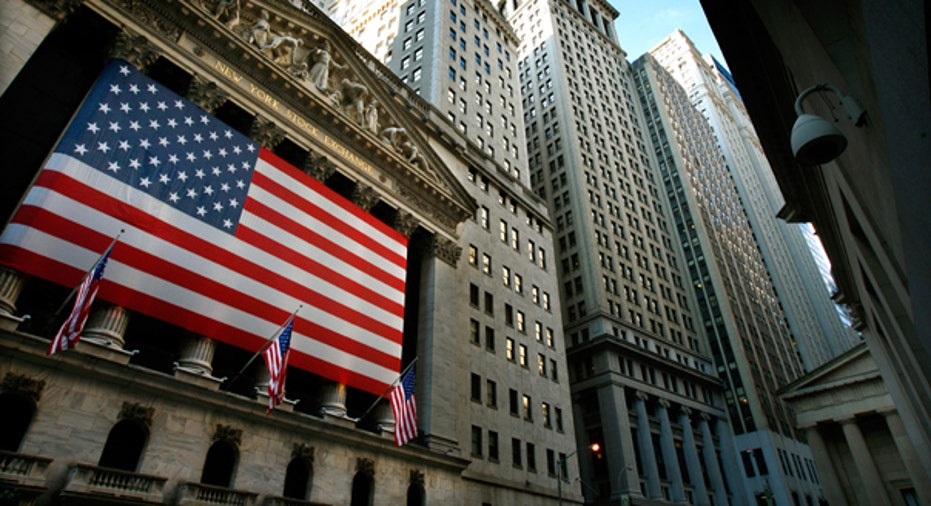3 Reasons to be Skeptical of Recent Market Rallies

First the stock market soared to new all-time highs. Then came the word that home prices had just posted their first double-digit annual gain since 2006. Are the boom times back for stocks and real estate?
Certainly, recent gains are a sign of hope, but with every bull market comes a fair amount of hype as well. Before you plunge head-first into volatile markets, consider the following reasons to be a little skeptical about these recent market rallies.
1. The economy is still built on a mountain of debt
While recent years have seen a decline in mortgage debt outstanding, they've also seen an increase in other forms of consumer debt, from car loans to credit card debt. An over-reliance on debt is a very perilous basis for an economic recovery, so until the earnings of Americans actually start rising, it will be hard to believe that the rallies in stocks and real estate have true staying power. Also, note that even though interest rates have fallen, Americans have traded some of the lowest-cost debt (mortgages) for more expensive forms of consumer credit.
2. Unnaturally low mortgage rates are supporting the housing market
Recently, 30-year mortgage rates were about 3.5 percent. That's close to their all-time low, and much lower than they've typically been historically. What would happen to the rally in housing if mortgage rates were to rise to more normal levels? Well, people tend to decide how much house they can buy based on the monthly payment. At a 3.5 percent mortgage rate, a $200,000 house will cost you a monthly mortgage payment of just under $900. At 6 percent, you could only afford a $150,000 house on the same payment.
That implies that if mortgage rates were to rise to 6 percent -- which is still on the low side historically -- home prices would have to drop by 25 percent to compensate. Such a drop can be avoided, but only if demand picks up sufficiently to make up for higher mortgage rates. Either way, rising mortgage rates are likely to be a heavy drag on home prices going forward.
3. Low bank rates prop up the stock market
Unusually low mortgage rates are partly due to Federal Reserve intervention, and so is the low level of bank rates. The Fed has indicated that this intervention will continue until the economy has shown substantial improvement. That creates a Catch-22 for stock investors, because low bank rates have driven many investors into the stock market by making stock valuations appear more attractive.
The market has been rallying on news of economic improvement, but the problem is that if this improvement is sustained, those low interest rates will go away. In late May, the market rallied on the strength of positive economic news, but then fell back sharply the next day because of concerns about the Fed raising interest rates. In other words, it's starting to sink in that the stock market cannot have it both ways.
Everything could work out fine if employment and wage growth come along to support recent price gains, and provide the demand growth to offset rising interest rates. But until it's clear that the job market is making sustained progress, the hype behind recent rallies may be getting a little ahead of reality.
The original article can be found at Money-Rates.com:3 reasons to be skeptical of recent market rallies



















